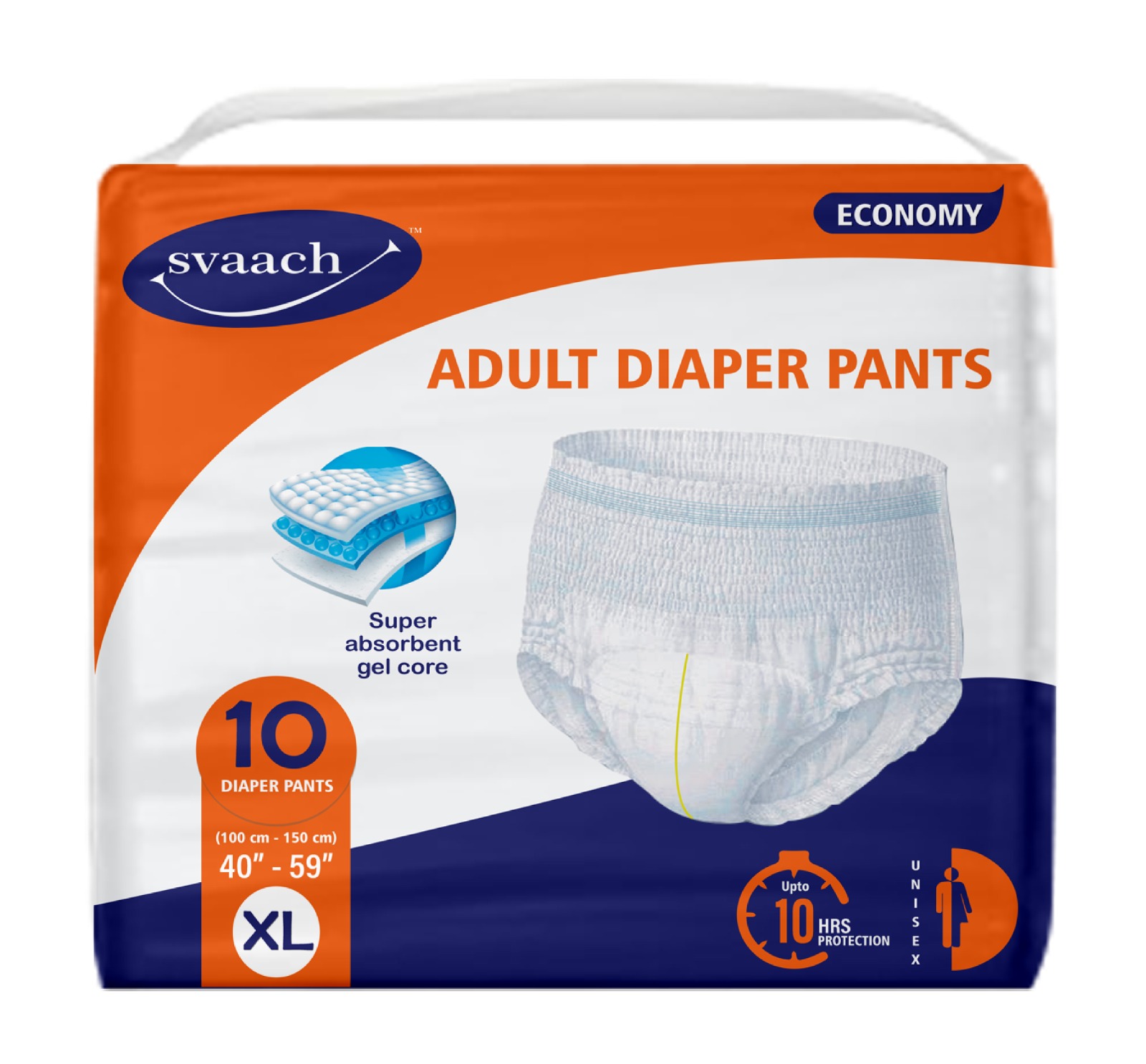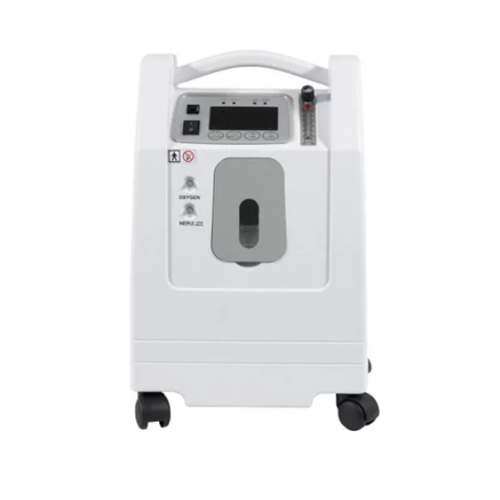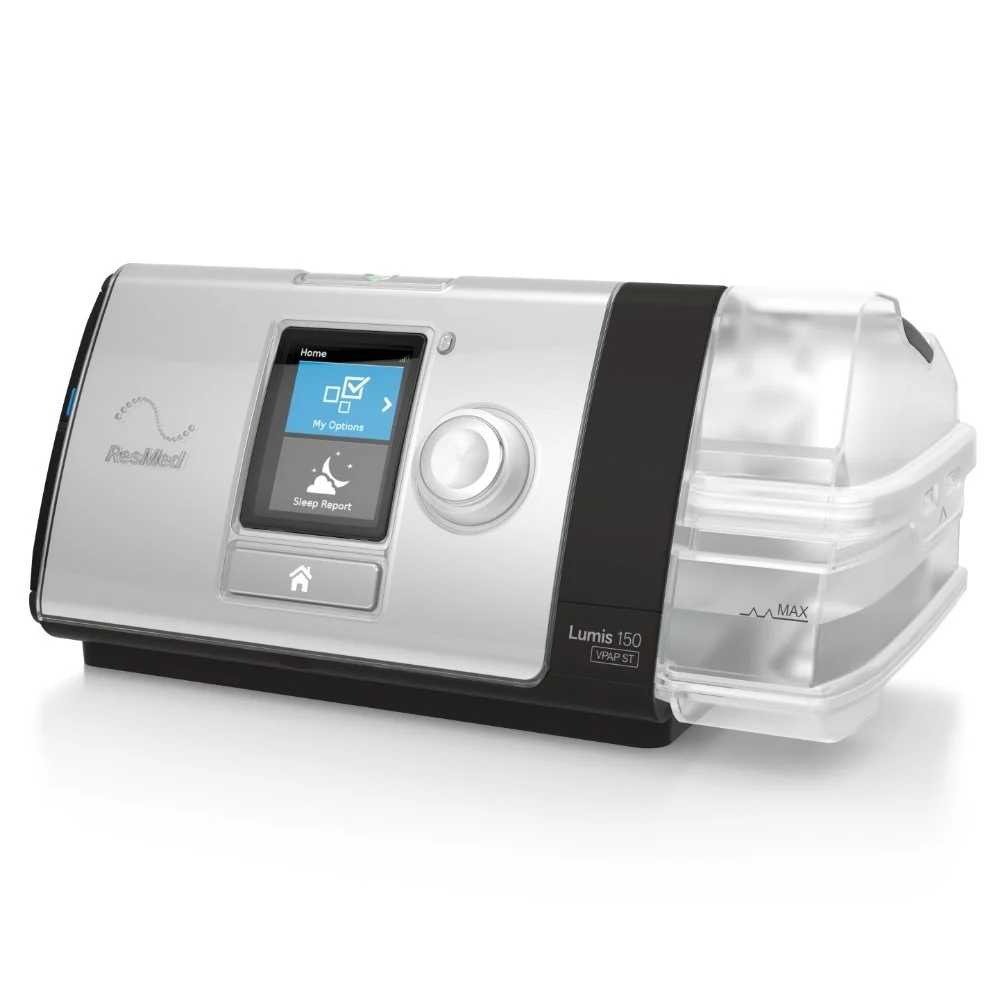How The Pandemic Is Changing The Vitamin And Supplement Industries
The world has changed in many ways. Not least among those changes is the way consumers treat their health as a result of the COVID-19 pandemic.a
Vitamins and supplements are one option that many have chosen in their efforts to live healthier and happier lives.
While it’s good that there are more options available for those who want them in order to live a healthier lifestyle, understanding what each supplement does can be difficult. However, the increased focus on health and wellbeing leads to a more holistic approach to health and wellness.
Consumers now know that being healthy isn’t as simple as taking a pill, and they have begun to recognize vitamins and supplements for what they are – something to supplement an already healthy lifestyle. A lifestyle complete with a good diet, a range of physical activity and exercise, and regular check-ups.
Because of this increased focus on health and fitness, the use of vitamins and supplements has risen considerably throughout the pandemic.
In 2020 the nutritional supplement industry saw a 12.1% increase, the highest growth it’s seen in more than 20 years. This pattern is expected to continue throughout 2021 as more and more people look to take a comprehensive approach to live a healthy lifestyle. Though, it’s too early to say just how extreme this year’s growth will be.
Using trend prediction scores, generated through an analysis of online discussions, trends have been identified and ranked by past and expected growth.
Let’s dive into some of the main categories:
Immunity support supplements and vitamins
The COVID-19 pandemic made people from all around the world more aware of their health and its importance, in particular people have been paying far more attention to their immune system to help prevent themselves from contracting coronavirus. Statistics showcase a 50% increase in consumers seeking immune-supporting supplements and a 146% increase in conversation regarding proactive and reactive solutions.
This data suggests that consumers aren’t just looking for immediate benefits but taking their future health into account.
Industry experts expect an increase in supplements that contain selenium, zinc, B complexes, and vitamins C and D. Furthermore, we will see alternative health remedies like turmeric, ginger, elderberry, astragalus, echinacea, and medicinal mushroom extracts. This suggests a wide range of beliefs amongst those looking to strengthen their immune system – those who adhere to either or both modern and traditional medicine.
Beauty support supplements and vitamins
The prolonged lockdowns gave people more time to focus on their skin and hair care routines. Many suddenly found themselves with reduced income and increased free time, as such many were able to dedicate their time and effort to personal care and development, perhaps more than they have in years. Costly moisturizers, hair masks, and other beauty products were suddenly outside the budget of many, and many more saw the importance of looking after their appearance holistically. After all, you are what you eat.
Google search inquiries for collagen increased by 33% in 2020, suggesting there is a growing interest in these types of supplements.
Other beauty-boosting ingredients include Vitamin C, hyaluronic acid, ceramides, omega-3s, and B vitamin supplements. The younger audience is also becoming more and more interested in such supplements, which provides future-driven brands with plenty of opportunities to innovate and position their products.
Mental health supplements and vitamins
2020 was defined by stressful, draining, life-changing events that impacted the mental health of all age groups. Consequently, many consumers have turned to supplements and ingredients that are proven to support mental health. With a 20% growth in conversation, a recent report by Coherent Market Insights anticipates a growth rate of 8.5% for the mental health supplement market in the next six years.
Industry specialists expect a rise in popularity for ingredients like B-complex vitamins, melatonin, valerian, CBD, magnesium, and chamomile, as they are linked to lowered stress levels and improved sleep levels. Plant-based alternatives like ashwagandha and Rhodiola may decrease anxiety, cortisol levels, and depression symptoms.
How can brands use this data?
As consumers become more and more educated, their expectations increase. Brands need to adopt a transparent and innovative approach to outshine their competitors and thrive. Using data to predict trends that are likely to become the standard will allow brands to develop robust and effective strategies and exceed their target audience’s expectations.
As these trends develop and more consumers are taking their health and wellbeing into their own hands, it’s no longer enough for businesses to focus on the sale. People are looking for answers and advice, and by answering their questions and helping them to learn more businesses stand to build a sense of trust in their brand.
Helping potential customers like this allows you to build a relationship with them. These relationships stand to help brands in many ways, from increasing the likelihood of consumers interacting with your content, returning to purchase from you again, or generating word of mouth referrals – the holy grail of sales and marketing.
By keeping on top of trends and working with the shift in power happening in the health industry, a shift that sees customers with more power than ever before, many businesses stand to gain an advantage over their competition. An advantage that will ensure they aren’t left behind.
*****
Author Bio
Siggi Clavien worked in the alcohol industry for 15 years before launching Equilibrium Labs 10 years ago. With the help of my medical and advisory board, he aims to reduce preventable liver disease through a combination of education, research, and product development. You can learn more about the work they do at Equilibrium labs.
latest Blogs
categories
Categories
- Beauty Tips
- COVID-19
- Fitness tips
- Health & Wellness
- Health & Wellness Equipment
- Health and Wellness
- Health care
- Health Tips
- Healthcare & Medical Equipment Rental
- Healthcare Solutions
- Healthy Eating
- Home Healthcare Solutions
- Hospital Bed Rentals
- Life Style
- Medical Equipment Rentals
- Mental Health
- Nebulizer Machines
- Nursing Care Services
- Patient Care Solutions
- Prime Healers community
- Product information
- Product Review
- Renting an Oxygen Concentrator
- Respiratory Care
- Respiratory Care Solutions
- Uncategorized
- Wheelchair and Hospital Bed
- Wheelchair for Festivals






















